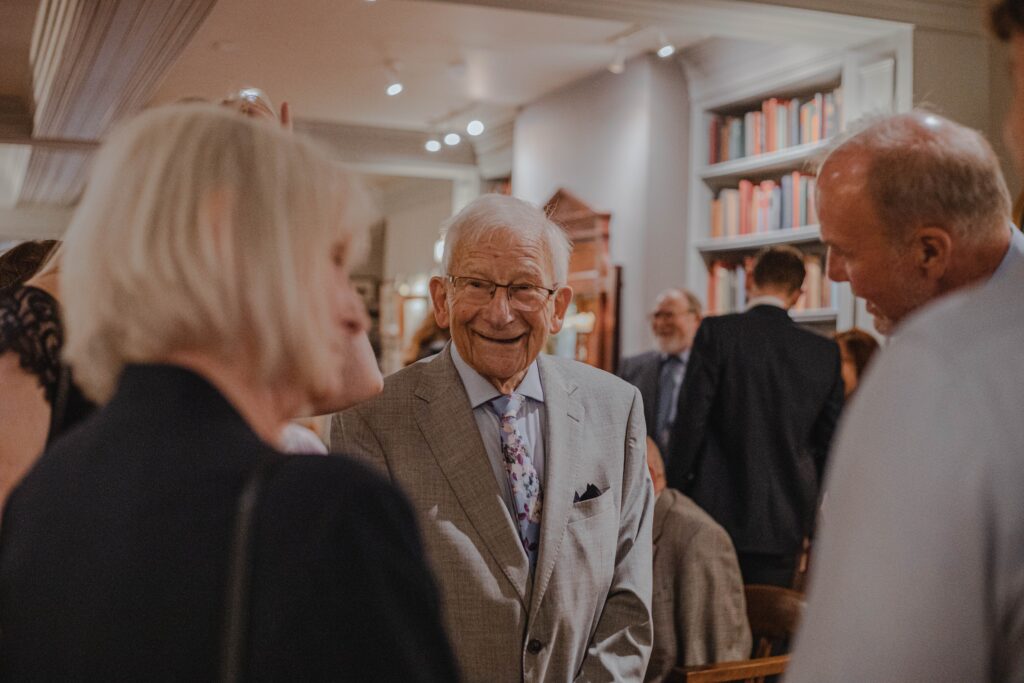
Commmunity-guided research
Our story begins with a small group of retirees and community leaders the age restricted residential developments in Georgetown, Texas. Determined to be active, alert and engaged throughout their lives, they decided to take on brain health.
Most had family members or friends with Parkinson’s or Alzheimer’s disease. A few had been diagnosed themselves. Rather than accepting the inevitability of decline, they opted to fight it for those to fallow — in a way that would help everyone.
The initiative attracted other communities, members of the City Council, emergency medical response teams and leaders in the nonprofit community, ultimately attracting the attention of researchers at The University of Texas Medical School.
A movement to understand and prevent brain disease
The community hosted standing-room-only town hall meetings with speakers from the Dell Medical Center in Austin, the Mulva Clinic for Neurosciences and the Peter O’Donnell Jr. Brain Institute in Dallas.
The Mulva Clinic for Neurosciences administered a survey to begin the process of designing the research, polling participants about their interests and preferences:
- What topics would you be interested in understanding as part of a cohort study?
- In what ways could you support such a study?
- What procedures and assessments would you be comfortable with as monitoring tools?
An initial volunteer cohort tops 500 participants
Over 900 volunteers committed to the initial cohort. The goal is to include as many as 5,000 individuals and families, representing a cross-section of the communities’ diversity. The study will be supervised by a medical advisory board in partnership with the digital health programs of the University of Texas Medical Schools.
